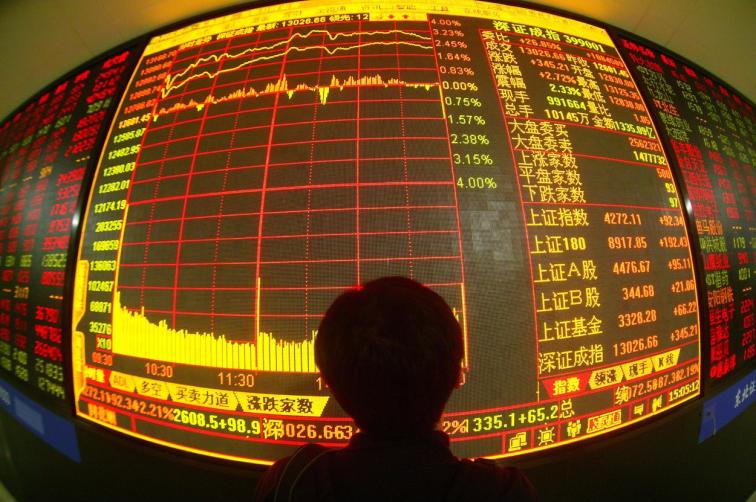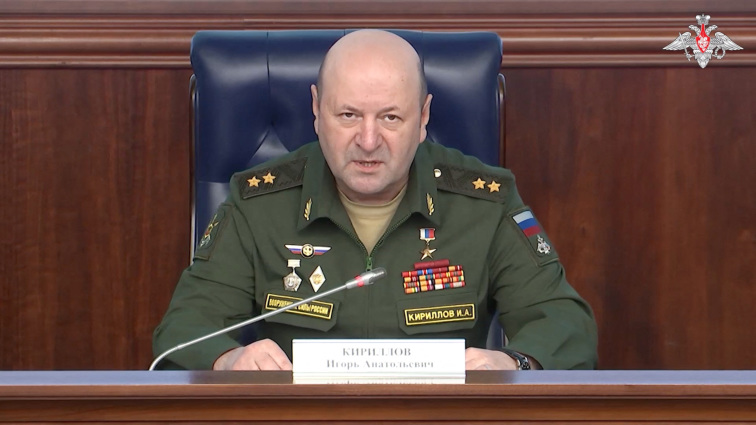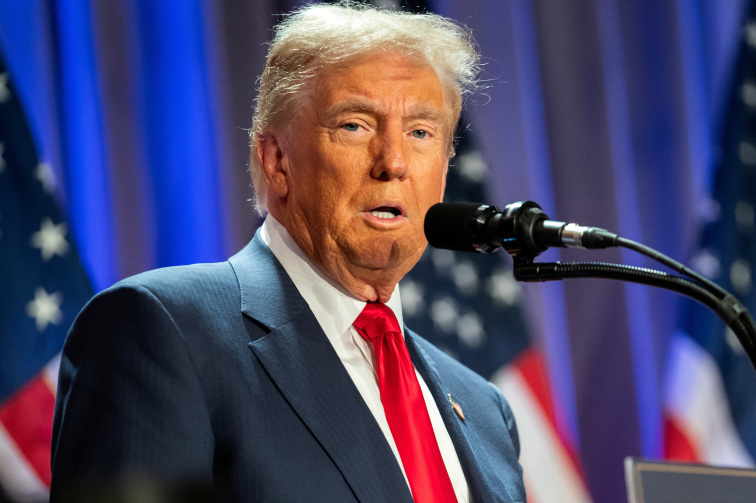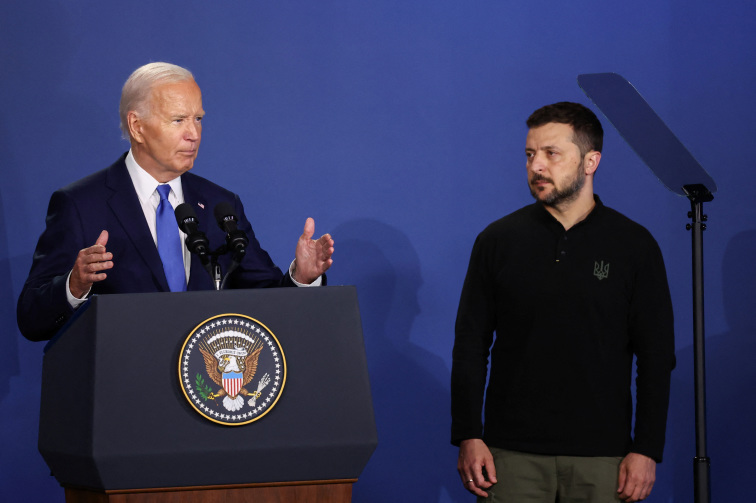Photo: Tiananmen Square under heavy clouds. (Lintao Zhang/Getty Images)
People News - On December 16, the Chinese Communist Party's (CCP) publication Qiushi magazine featured an article by Xi Jinping titled “Deeply Advancing the Party’s Self-Revolution,” which drew significant external attention. In this article, spanning just over 2,000 words, Xi mentioned "self-revolution" at least 30 times. The term "self-revolution" immediately evokes memories of the Cultural Revolution. During that period, Lin Biao repeatedly described the Cultural Revolution as a self-revolution. Lin criticized many senior cadres, accusing them of verbally supporting the Cultural Revolution while resisting it in practice. According to Lin, this was because the revolution targeted their own positions, and they were unwilling to “revolutionize themselves.” Lin once famously stated, "The Cultural Revolution is a revolution against those who once led revolutions against others." Looking back, it is clear that the so-called self-revolution during the Cultural Revolution was, in essence, a massive internal purge within the Party. It was not about every individual revolutionizing themselves. The "Great Leader" was exempt from self-revolution; instead, the Great Leader focused on purging his revolutionary comrades. The Cultural Revolution became a tool for internal cleansing. Similarly, the self-revolution Xi Jinping promotes today serves the same purpose.
In his article, Xi made it clear: "To advance the Party's self-revolution, it must be planned, deployed, and promoted under the unified leadership of the Party Central Committee." In simple terms, Xi's self-revolution is a large-scale internal purge under his direct control. During the Cultural Revolution, the slogan for self-revolution was opposing capitalist roaders. In today’s self-revolution, the banner is anti-corruption. According to public data from the Central Commission for Discipline Inspection (CCDI) and the National Supervisory Commission, as of December 10, 2024, 864 individuals have been investigated for severe violations of discipline and law. This includes: 54 centrally managed cadres, 236 officials from central-level Party and state agencies, state-owned enterprises, and financial institutions, and 574 provincial-level cadres.
During the same period, 539 individuals faced Party disciplinary or administrative actions, including being expelled from the Party or dismissed from public office. This group comprised: 52 centrally managed cadres, 71 officials from central agencies and organizations, and 416 provincial-level cadres.
Additionally, data disclosed by the CCDI’s Party Style and Clean Government Office reveals that by the end of September 2024, authorities had addressed 141,245 cases of violations of the "Eight-Point Rules" for improving Party conduct. These actions involved 197,933 individuals, of whom 137,607 faced Party disciplinary or administrative actions, including five provincial or ministerial-level cases.
Since the Central Commission for Discipline Inspection (CCDI) began disclosing anti-corruption data in 2015, the numbers have risen annually. From 2019 to 2023, the number of officials criticized, educated, or sanctioned each year exceeded 100,000, with over 100,000 Party disciplinary or administrative actions in four of those five years (excluding 2022). In 2024, this figure had already reached 197,900 within the first nine months, suggesting that the annual total for criticized or punished officials may surpass 200,000—a potential peak in recent years. Although the authorities have not disclosed the total amount of funds confiscated or recovered from sanctioned or convicted officials, the steadily rising number of corruption cases indicates that the financial scale involved is likely staggering. A single example suffices to illustrate this point: on December 17, the Intermediate Court of Hinggan League in Inner Mongolia carried out the execution of Li Jianping, a former Hohhot local official convicted of embezzlement and bribery. According to court disclosures, Li was involved in cases totaling over 3 billion yuan, ranking him as the top offender among corrupt officials prosecuted under the CCP.
From the start of his administration during the 18th National Congress, Xi Jinping launched a sweeping anti-corruption campaign. By the 19th National Congress five years later, the authorities ramped up efforts to glorify Xi’s "achievements" in fighting corruption. The narrative was that the Party, under Xi’s leadership, had "resolved many long-standing issues that had been left unaddressed" and "accomplished significant tasks that had been deemed impossible in the past." The rhetoric emphasized “unyielding determination and unrelenting will” in pursuing comprehensive Party discipline, with a zero-tolerance approach to corruption that promised to eliminate both the stock and growth of corruption.
The 19th Party Congress political report even concluded that: The goal of creating a “fear of corruption” had been “initially achieved.” The mechanisms to make corruption “impossible” had been increasingly reinforced. Efforts to instill a “reluctance to engage in corruption” were underway, with an “overwhelming victory” in the anti-corruption struggle purportedly achieved and consolidated. However, as the latest CCDI and supervisory commission statistics show, corruption within the Party has not only persisted but intensified. The number of cases is rising, as are the financial sums involved. Much of this corruption is not merely residual but has occurred after the 18th National Congress, with many high-ranking officials implicated being individuals personally appointed by Xi Jinping. This reality effectively underscores the failure of Xi’s anti-corruption campaign. It also reaffirms that the CCP’s existing system inherently fosters corruption. At the same time, it demonstrates that Xi’s anti-corruption drive is merely a tool for internal Party purges.
Xi Jinping’s emphasis on "self-revolution" reveals a lack of fresh strategies, relying instead on recycled tactics from Mao Zedong's Cultural Revolution playbook. Xi’s current intensification of anti-corruption measures coincides with China's ongoing economic downturn and severe government fiscal constraints. Seizing vast sums from corrupt officials can be likened to another round of "harvesting leeks" within the Party apparatus.
(Adapted from Radio Free Asia)











News magazine bootstrap themes!
I like this themes, fast loading and look profesional
Thank you Carlos!
You're welcome!
Please support me with give positive rating!
Yes Sure!